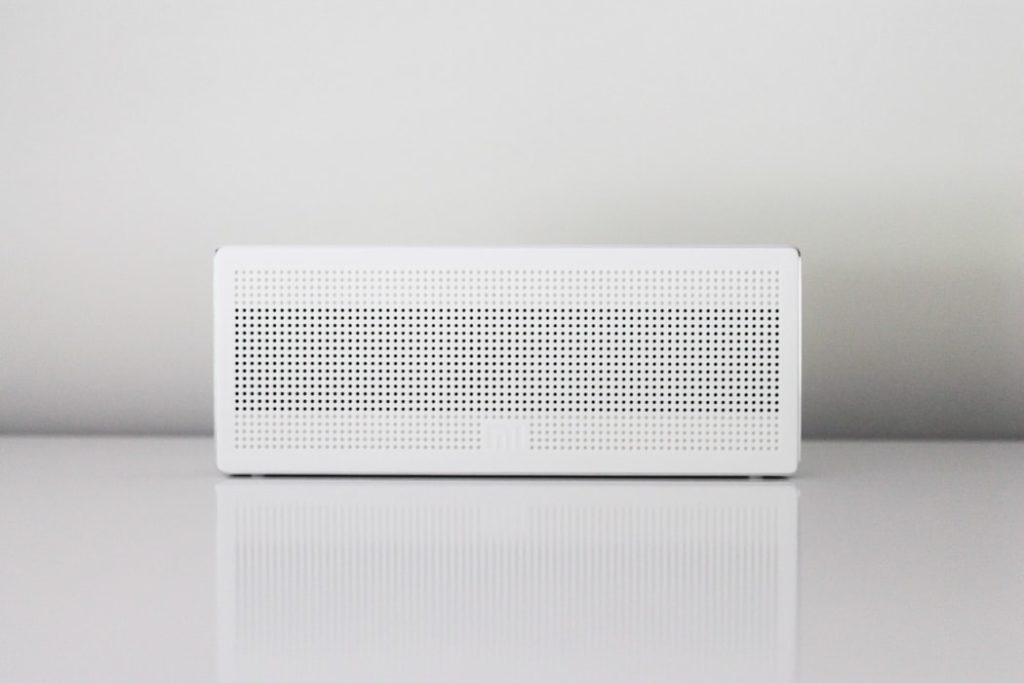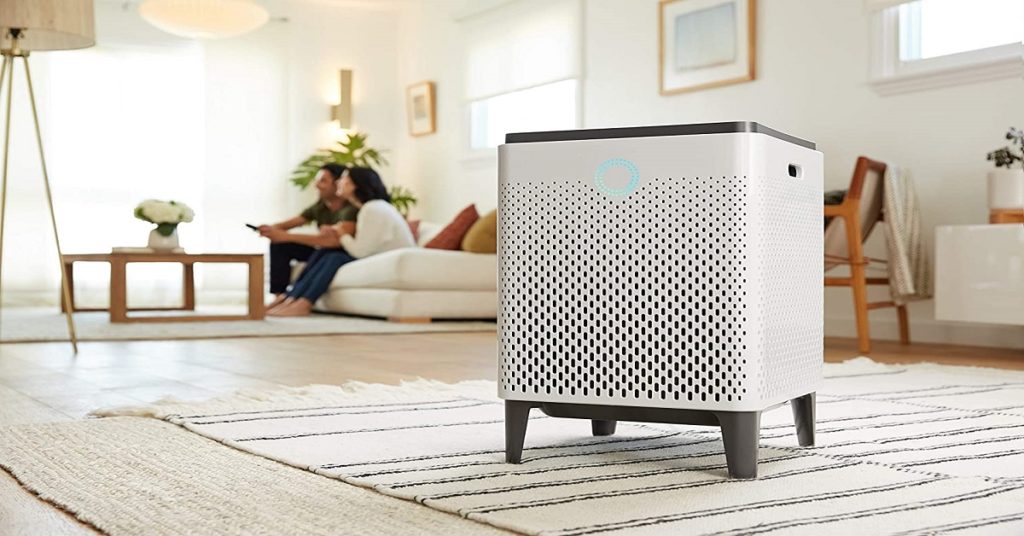- Smart Watch Payments and Digital Wallets in the Philippines - June 8, 2023
- Front-Load vs. Top-Load Washing Machines - May 25, 2023
- Pros And Cons Of Wireless Charging Power Banks - May 10, 2023
Air pollution is all around us. It’s in our homes, it’s outside of buildings, and we can even breathe it in when we’re walking down the street. New studies proving the airborne spread of the COVID-19 virus in an indoor setting is even more alarming. We are not just exposed to pollutants but to all sorts of viruses in our day-to-day lives, as well. This is why air purifiers are so important for maintaining a healthy home or office space.
One of the factors to consider when buying an air purifier is deciding which type to buy. An Ionic Air Purifier and HEPA Air Purifier are two different filters that you will find on the market. One difference between these types is how they filter out allergens, bacteria, mould spores, pollens, pet dander, and other airborne irritants. So, which one should you choose?
In this blog post, we will explore how ionic filters work as well as what HEPA filters are made of, and how they compare against each other!
What is Ionic Filter
Ionizers use high voltage to give an electrical charge (usually negative) to either particle that moves through the ionizer or molecules in the air. These charged molecules are called ions, and they will then stick to particles. This makes them heavier than normal air particles, so they fall out of your breathing space and onto surfaces like furniture, floors, carpets, and walls. The result is cleaner air that’s free from PM2.5 and formaldehyde!
In either case, the end result is particles with an electrical charge which can be removed by a filter system or other means of collection such as electrostatic precipitators.
What is HEPA Filter?

You know that feeling when you walk into a room, and it smells like someone just took a dump? That’s because the air in your house is full of particles. And what are those particles made up of? Pollen, dust, pet dander, mould spores, bacteria and viruses.
HEPA filters can capture all these things! They’re so good at capturing particles that they even have to be replaced every few months or so.
This makes HEPA filters the most important component of any air purifier. They can capture all particles, including viruses and bacteria, so they’re incredibly effective at capturing almost every size of the particle. HEPA filters are a great investment because they will last up to 10 years, despite being made from straightforward filtration technology.
Choosing Between Ionic and HEPA Filter
People often get confused between an ionic air purifier and a HEPA filter air purifier. While these are two different technologies, they both clean the air that we breathe.
There are two main types of air purifiers: ionic and HEPA. Ionic purifiers use negative ions to attract dust particles, whereas HEPA filters do not generate any ions but rather have a honeycomb structure that traps particles through fine fibres.
In order to choose the right type of air purifier, you need to consider a few factors. One consideration is whether or not your priority is cleanliness and functionality or if you care more about the budget.
Ionic Air Purifiers are cheaper than HEPA filters and work by moving negative ions across metal plates in order to capture pollutants. All types of ionic air purifiers will provide an abundant amount of clean airflow because they do this without any pre-filtering stages.
However, due to their lesser effectiveness at trapping bacteria and viruses (unless paired with a separate filter), an entire spectrum of particles may pass through the ionizer. This means it’s important for Ionic Air Purifiers owners to regularly change these filters.
HEPA filters are more expensive, but they do a better job of capturing particles that might otherwise be missed by an ionizer, such as bacteria and viruses. The downside is that you will need to replace the filter every few months because it gets dirty quickly, which can get pricey over time!
Key takeaways
Ionic air purifiers are a better option for those who prioritize budget and functionality over cleanliness. They cost less to purchase but will need to be replaced more often than HEPA filters due to the particles that they miss.
For those who want their entire house free from all types of pollutants, it is worth investing in a high-quality HEPA filter that captures both bacteria and viruses and any other size of the particle.

